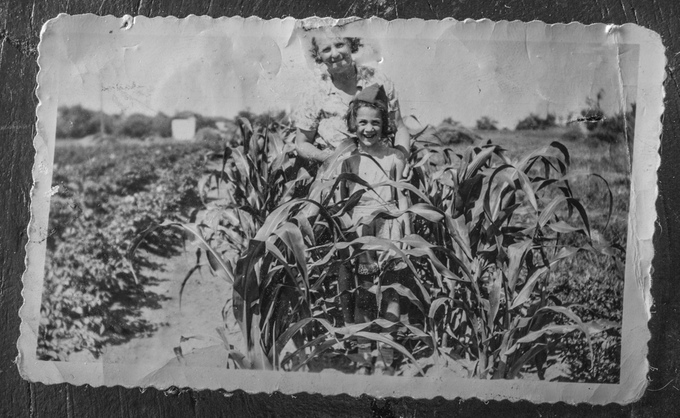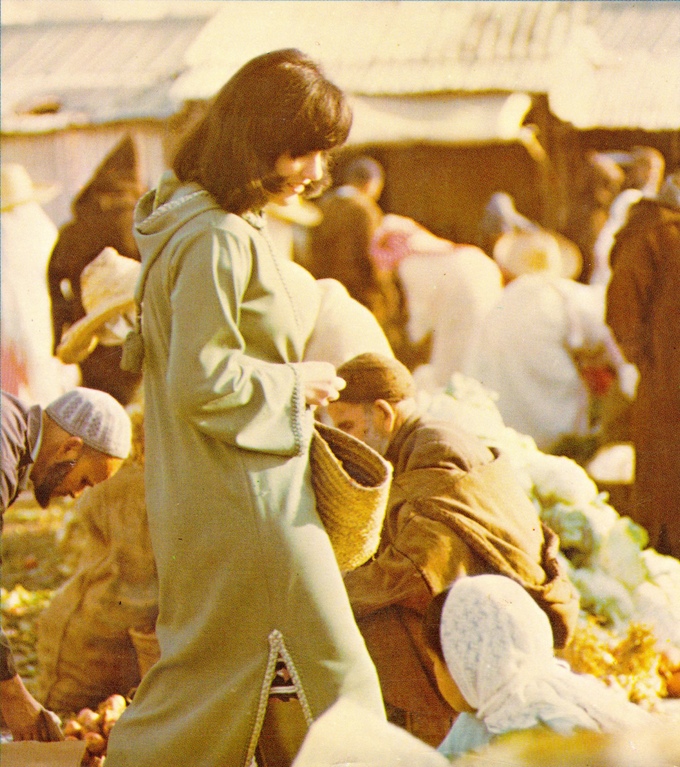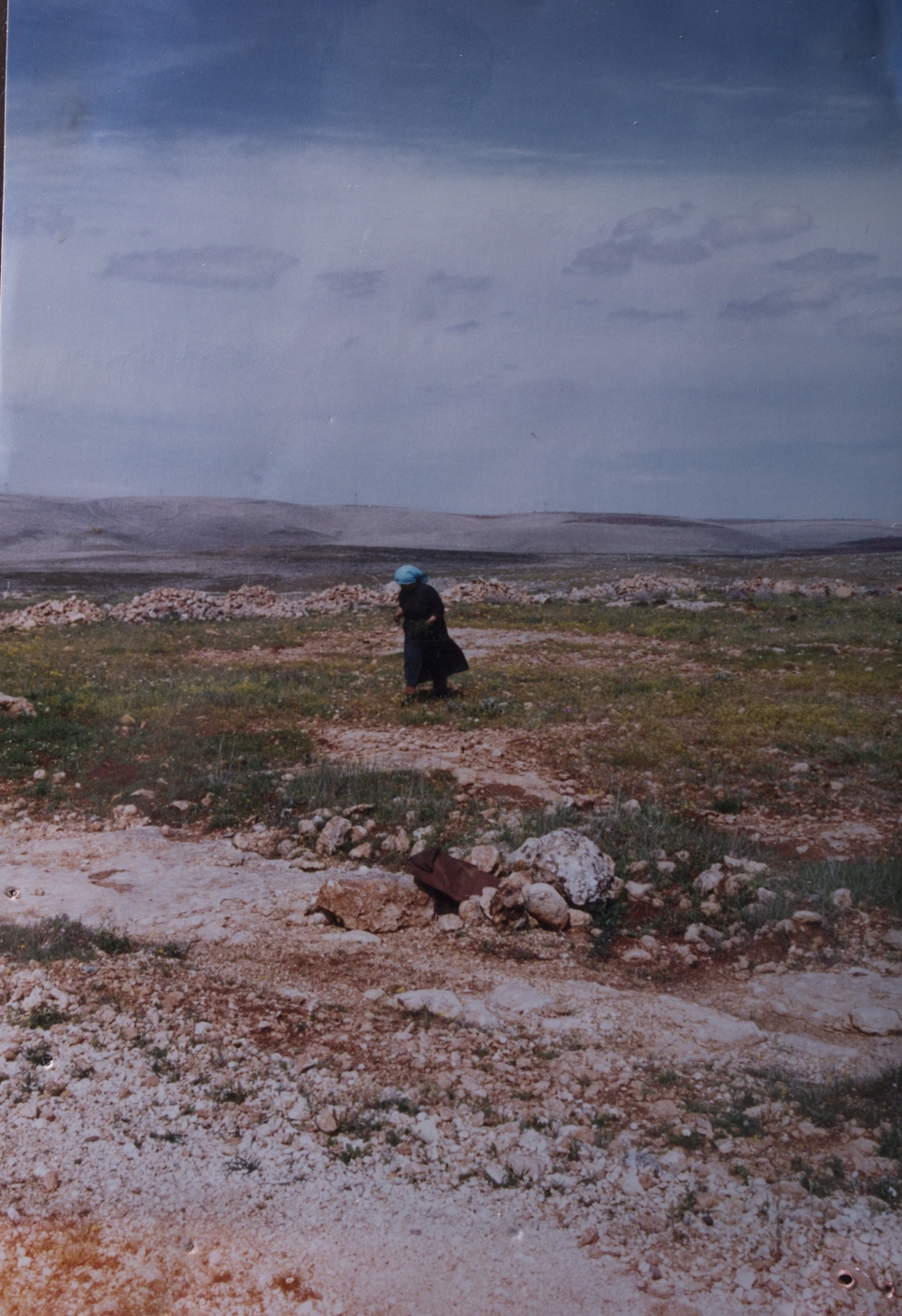About Paula
Photo: Eric Wolfinger
Paula Wolfert never achieved the fame of peers like Julia Child and Jacques Pépin. But her contributions to our culinary life—and her own life story—are too good to forget. Often working below the radar, she changed the way America eats. Known as the Queen of the Mediterranean, she wrote nine seminal books on the region over her 50-year career, publishing her latest, The Foods of Morocco, in 2009. For five decades she championed authentic regional cooking and its components—whole foods, foraged greens, meats cooked in animal fat—way ahead of their time. Her determination made her a hero to some of our most influential chefs, such as Mario Batali, Yotam Ottolenghi, and Alice Waters.
Three years ago, Wolfert was diagnosed with Alzheimer's. She has taken on dementia the same way she researched her cookbooks: Full throttle, with exhaustive research, enthusiastically sharing her discoveries. The book also shares her strategies for her illness, from meditation and exercise to treating food as medicine.
Paula's Life
Born in Brooklyn in 1938, Wolfert yearned to explore undiscovered territory her entire life. Her own family didn't care much about dining well. But in the 1940s she experienced the power and pleasures of good food made with fresh ingredients, when she went to live for a year with her Balkan grandmother (pictured above.)
In the 1950s, Wolfert spent her teens and twenties rubbing shoulders with Beat Generation writers in New York like Allen Ginsburg and Jack Kerouac (who told her she had great legs). She learned to cook under two culinary luminaries, Dione Lucas and James Beard, and even spent a summer as a line cook. In 1959, she and her first husband, Michael Wolfert, moved abroad, to Tangier and Paris.
By 1969, her life had changed dramatically. She was living in New York and struggling just to get by. She turned to food. By 1971 she won her first book contract, to write her first book on Moroccan cooking.
She never stopped exploring. Fearless and intrepid, like a culinary Indiana Jones she lived to uncover undiscovered territory. In the 1970s and 80s, she spent five years in Southwest France, conspiring with star chef André Daguin (above) and his compatriots to record the recipes and techniques of their region. The resulting book, The Cooking of Southwest France,introduced Americans to the splendors of confit, cassoulet, and much more. In the 1990s Wolfert spent her fifties discovering cooks in the mountains and plains of central Asia, and learning to forage with peasant women in Southern Europe and Turkey.
Among the many elements that set her books apart, Wolfert takes an exceptionally immersive approach to her research. Where most cookbook authors might spend an afternoon with a good cook to learn a recipe, Wolfert moved in. She would spend weeks in a country, learned enough of the language to talk about the food, and often lived with a local family. At various points in her career, she has been conversant in seven languages: French, Arabic, Spanish, Georgian, Serbian, Greek, and one language you've probably never heard of, called Tanjaoui (a mix of French, Arabic and Spanish, spoken by residents of Tangiers.)
Morocco, France, Greece, Spain, Georgia, Turkey, Dagestan, Sicily, Puglia, Syria, Jordan, Tunisia: name a land and she found a lifelong friend, a guide to the region's best recipes. She once told me: “In every country I have one woman who’s helped me for some reason. I don’t know what I do. I kiss them on each cheek and touch my heart! I like to move in on the couch and get all the details.”




